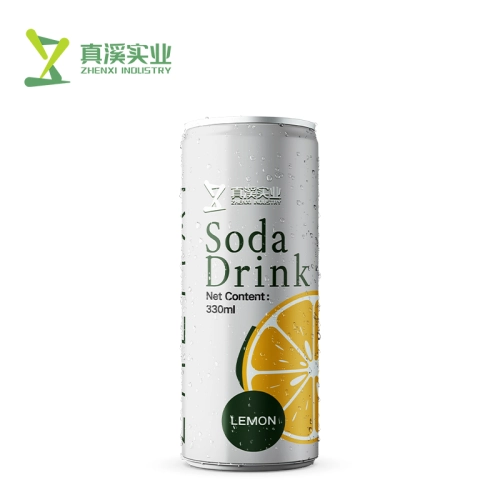Beverage cans have a great influence on the shelf life, because of its robust nature as they act like solid barrier from outside for preventing air or other activity to affect quality. For this reason, aluminum cans are used to protect light, oxygen and other impurities that endanger the integrity of a product and degrade its flavor. Research from the market show that 18 months is long shelf life enough to store drinks in cans, even better than other packaging alternatives such as plastic or glass bottles.
Cans have a hermetic seal that prevents fresh beer from oxidizing. Also, when coffee is exposed to the oxygen than oxidation takes places and tastes & nutrition value of it get affects. The increased pressure (usually 2.5 volumes of CO2) pushes against the septums also maintaining seal integrity, and holding carbonation level stable over time as well.
Aluminum is non-reactive, and a coating on the inside of the can keeps the beverage from directly contacting it. This is why the internal coating of a PET bottle (lightly called food-grade epoxy resin) has to prevent migration into/isolation from solvents and guarantee that nothing activates off tastes or flavors etc. This coating which must not exceed 6-8 microns thick & no less to work effectively without jeopardizing the structural integrity of a can.
Cans also offer temperature stability, an essential quality to protect and enhance the flavor of beer. Cans are insulated against changes in temperature during transit and storage - the beverage inside will not be affected. An example, cans can be stored at −20 °C to 60°C thereby preserving the quality of the beverage. Cans offer another advantage beyond their recyclability and the sustainability of beer: stability. It makes cans a great fit for any number of climates or storage conditions, one reason they are having an increasing share in sales this year.

Michael R. Solomon, professor and industry expert adds; "Packaging is vital for product preservation, with aluminum cans specifically protecting beverage quality better during the long haul. This is a great statement of how important canning technology was to the life expectancy of products.
Nitrogen dosing, used to retain internal pressure for (non-carbonated) beverages is an example of the advanced manufacturing methods applied in beverage cans. The procedure includes adding a tiny amount of liquid nitrogen into the can, right before sealing and then evaporating so as to generate pressure inside the can. This technique ensures the rigidity of the can and prevents beverage oxidation providing an enhanced shelf life.
But for cans, recycling and sustainability elements help maintain their allure minus negative impact on shelf life. They are 100% recyclable, and unlike plastic recycling it can be recycled without degrading the quality of the metal. Because they are recyclable, cans can be recycled endlessly which makes them a sustainable packaging solution that meets all environmental needs.
Cans provide better UV protection than pouches UV light accelerates photodegradation of beverages, which results in unwanted flavors and color changes. Aluminum cans are 100% opaque- UV rays cannot penetrate them at all-which means light-sensitive beverages such as beer or some juices can retain the same quality over its shelf life.
Indeed, as industry analyst Robert Graves stated, "Aluminum cans are the optimal choice for beverage producers who want to increase product shelf life and prevent consumer disappointment due to their high strength and protective properties."
Aside from them, the design and material of Beverage Cans are also attributed for it to have a long shelf life. Thus, the packaging sector relies on cans to maintain internal pressure and shielding from oxygen exposure, which in turn helps beverages stay fresh while also resisting spoilage (Baker 2015). Which makes them the perfect choice for manufacturers and consumers, that address all aspects of quality and reliability in soft drink packaging solutions.